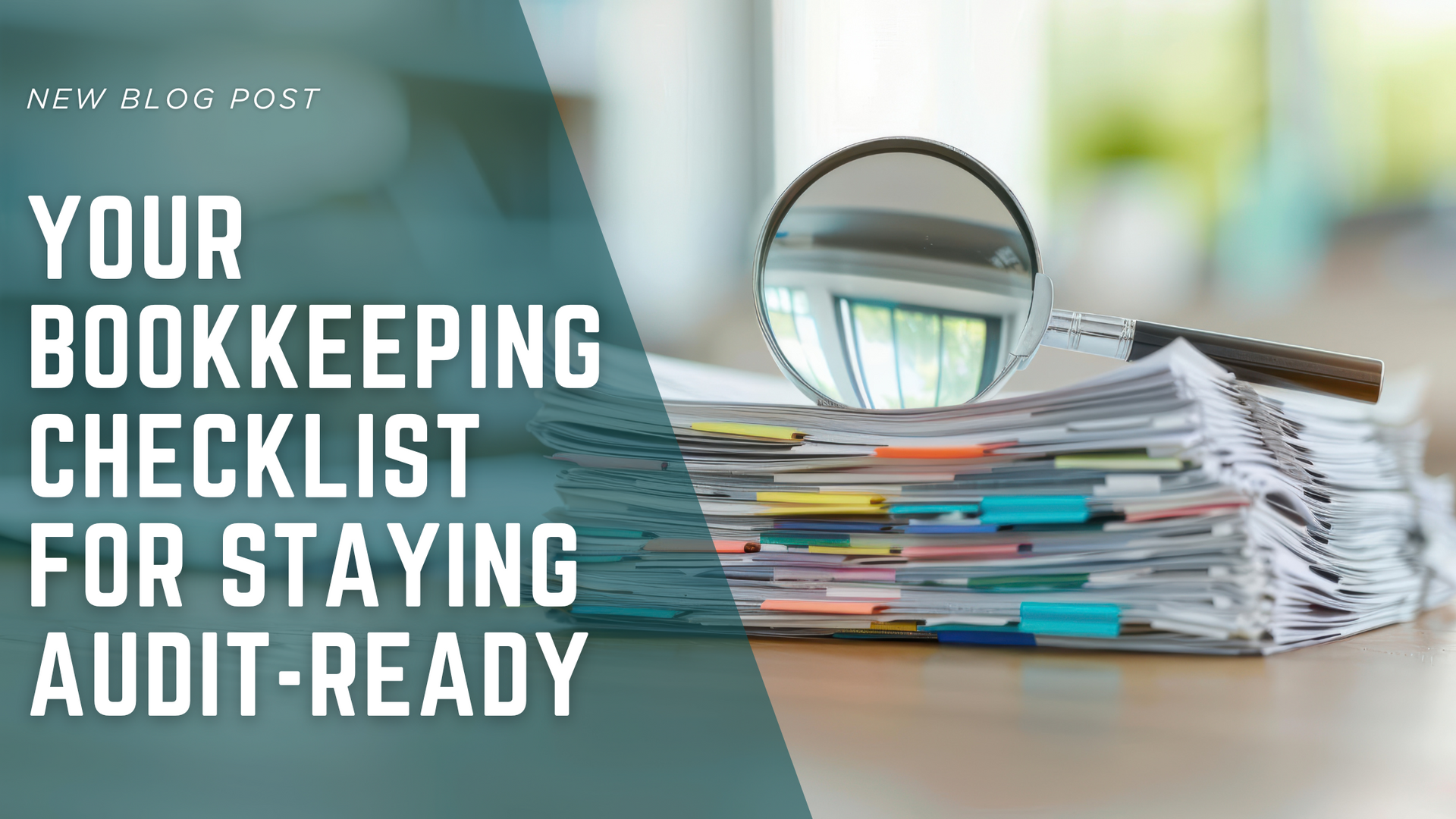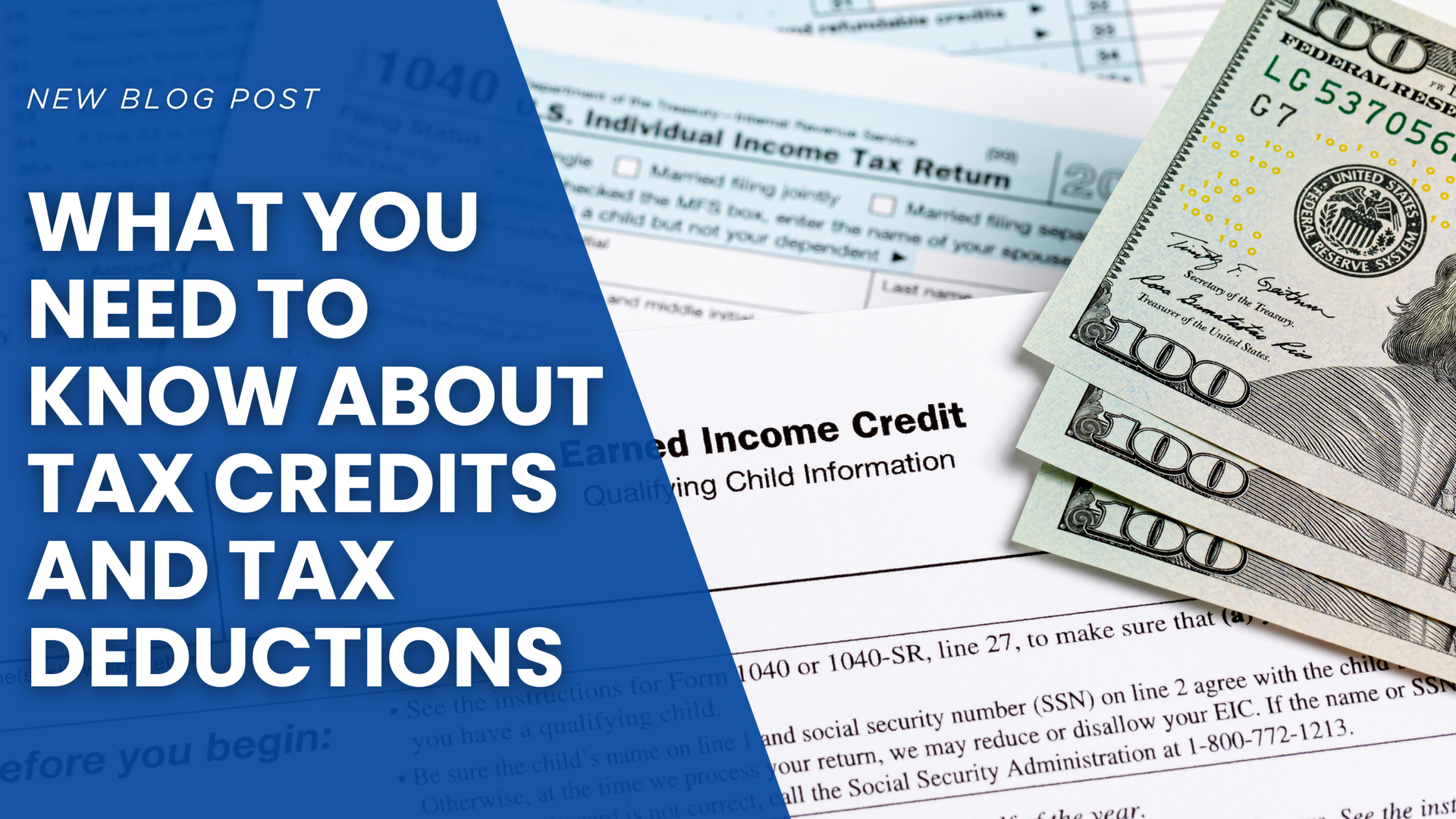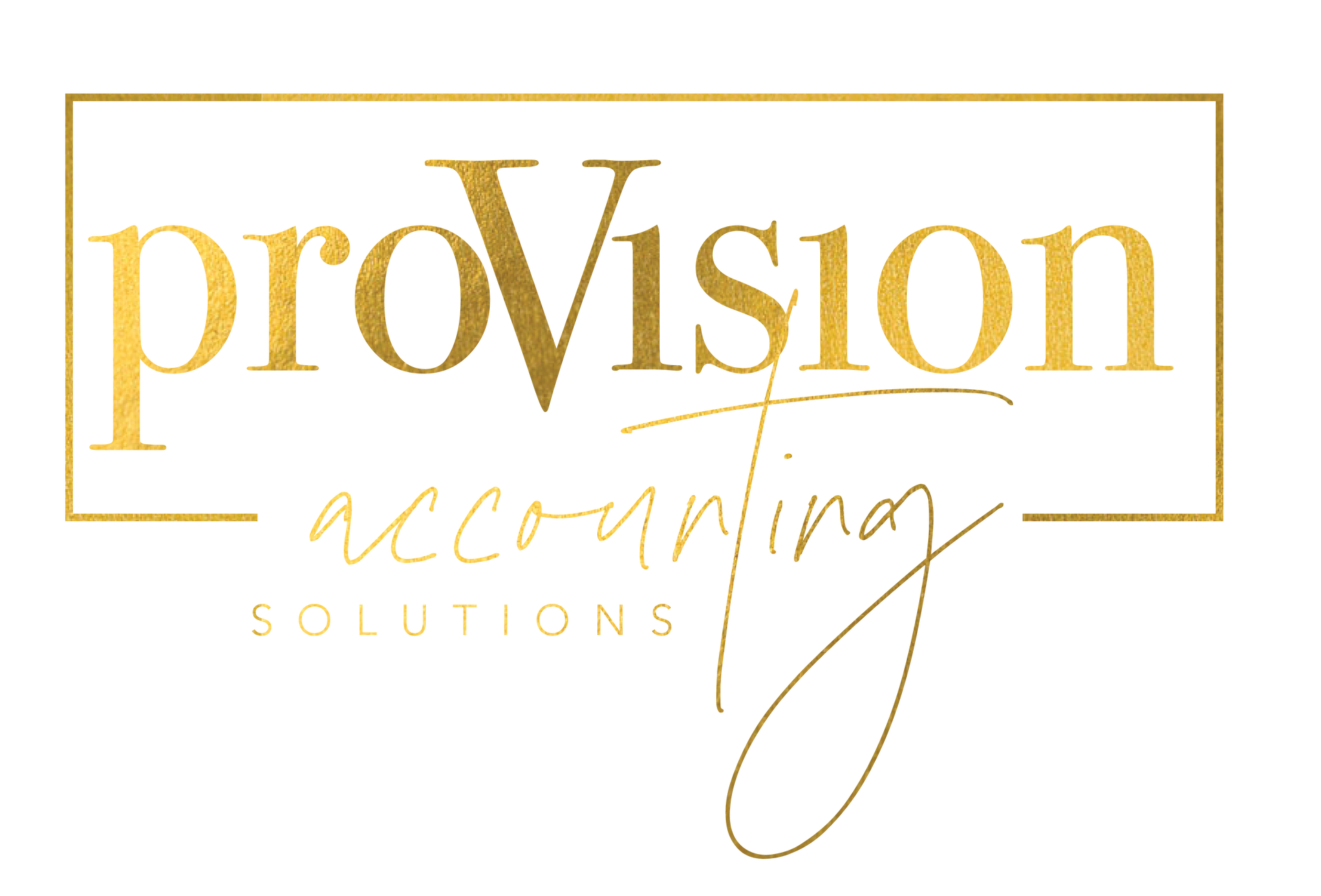
1. Keep All Business and Personal Finances Separate
We mention this a lot, but nothing sends up a red flag faster than mixing business and personal expenses.
- Open a dedicated business bank account and credit card.
- Avoid using personal funds for business purchases (and vice versa).
- If you must reimburse yourself, record it properly with supporting documentation.
Separating funds makes your bookkeeping cleaner, builds credibility, and keeps audits from turning into forensic accounting investigations.
2. Maintain Accurate Income Records
Your income isn’t just the deposits hitting your account — it’s every payment you’ve earned.
- Record all sales and invoices, even if payment hasn’t cleared yet.
- Keep copies of customer payments, receipts, and contracts.
- Track cash transactions just as carefully as electronic ones.
Missing income entries can make your revenue appear understated — a major audit trigger.
3. Track All Business Expenses with Documentation
A receipt is worth more than your memory.
- Save every receipt, invoice, and proof of payment for business purchases.
- Note the business purpose for each expense (especially meals, travel, and entertainment).
- Store documents digitally so they’re easy to retrieve.
In an audit, “I remember buying that” won’t cut it. You need proof that each expense was legitimate and necessary.
4. Reconcile Your Accounts Monthly
Don’t just trust your bank statement — verify it.
- Compare your bookkeeping records to your bank and credit card statements.
- Investigate and correct discrepancies immediately.
- Ensure all transactions are recorded and categorized correctly.
Regular reconciliation catches errors early, keeps your financial reports accurate, and reduces year-end headaches.
5. Keep Payroll Records Organized
If you have employees or contractors, payroll accuracy is critical.
- Maintain detailed payroll reports and tax filings.
- Keep copies of W-2s, 1099s, timesheets, and payment confirmations.
- Ensure compliance with employment tax deadlines.
Payroll mistakes can lead to costly penalties and extra scrutiny from tax agencies.
6. Store Records for the Required Time
The IRS generally recommends keeping records for at least three years — but certain documents should be kept longer.
- Tax returns: at least 3–7 years
- Employee records: at least 4 years
- Purchase records for assets: keep for the life of the asset plus 3 years
If you can’t produce a record when asked, it’s as if it never existed.
7. Use Reliable Bookkeeping Software
Manual spreadsheets can work, but software streamlines the process.
- Use tools like QuickBooks, Xero, or Wave to automate categorization and reporting.
- Link your accounts for automatic transaction imports.
- Regularly back up your data to a secure location.
Organized digital records save time and provide instant access during an audit.
Is Your Business Audit-Ready?
An audit-ready business doesn’t scramble to gather documents — it operates with consistent, accurate, and transparent records year-round. Whether or not you ever face an audit, these bookkeeping habits protect your business, strengthen your financial credibility, and make tax time a breeze.
And if you’d rather not manage all of this alone?
Partner with a bookkeeping professional who can help you stay compliant, accurate, and prepared — so an audit never catches you off guard.
Book a quick call here so we can review your numbers and prepare you for the tax season ahead.










